JSPG CEO speaks at UNESCO Working Group Meeting on Open Science Policies and Policy Instruments5/28/2022
MEDIA CONTACT
Washington, DC (May 28, 2022) – JSPG CEO Dr. Adriana Bankston participated as a speaker in the 1st meeting of the UNESCO Working Group on Open Science Policies and Policy Instruments held earlier this week. The session was led by Mr. Ezra Clark, Chief of Section, Science, Technology and Innovation Policy at UNESCO. Watch the session recording. During this session, Dr. Bankston discussed the joint call for papers and competition for an upcoming JSPG Special Issue on Open Science Policies as an Accelerator for Achieving the Sustainable Development Goals, co-sponsored by UNESCO & MGCY, in partnership with the GYA Open Science Working Group. The call for papers is centered around the UNESCO Recommendation on Open Science, which was adopted by the 41st session of UNESCO General Conference in November 2021, and provides an international framework for open science policy and practice. Read the UNESCO Recommendation. During an online information meeting on the Implementation of the UNESCO Recommendation on Open Science in April 2022, Ms. Ana Persic, Programme Specialist, Science Technology and Innovation Policy at UNESCO, highlighted the joint call for papers. View the meeting recording. To support the implementation of the UNESCO Recommendation, UNESCO convened 5 ad-hoc Working Groups focused on key impact areas. Among them, the Working Group on Open Science Policies and Policy Instruments aims to develop a global repository of open science policies and policy instruments, including a series of supporting tools that will constitute an online ‘living’ Open Science Toolkit.
### About JSPG
The Journal of Science Policy & Governance (JSPG) is an international, open access peer-reviewed publication managed by and for students, policy fellows, and young scholars in science, technology, and innovation policy. JSPG publishes high-quality articles covering the widest range of topics in formats that are accessible to policymakers. Since 2011, JSPG has served as a vehicle for students and early career researchers to bolster their research and writing credentials in science policy. Visit sciencepolicyjournal.org and follow on Twitter @SciPolJournal to learn more. Washington, DC (May 24, 2022) – The Journal of Science Policy & Governance (JSPG) is excited to announce the selection of CEO Adriana Bankston as the winner of the inaugural 2022 ARIS Emerging BI Leader Award! Awards in this category are made to practitioners and scholars who demonstrate great promise through their early research impact leadership efforts. In the selection notice, ARIS recognized Bankston for her work in affecting science policy and advocacy, and the importance of this work for the future of the STEM workforce. “Most remarkable was the amount of impact that Adriana has had so early in her career. The awards committee was impressed by Adriana’s work and is excited to recognize her with the inaugural award in this category,” said Susan Renoe, PhD, Associate Vice Chancellor for Research, Extension & Engagement at the University of Missouri and Executive Director of ARIS. “We are excited to see what else Adriana will accomplish in her career.” ARIS Awards recognize researchers and practitioners undertaking exemplary work in the societal impact of research and higher education. Awardees were honored during the 2022 virtual ARIS Broader Impacts Summit. Learn more about this year’s awardees here. ### ABOUT JSPG
The Journal of Science Policy & Governance is an internationally recognized, open-access peer-reviewed publication dedicated to elevating students, post-docs, policy fellows and young scholars in science, technology and innovation policy and governance debate worldwide. JSPG publishes high-quality articles covering the widest range of topics in formats that are accessible to policymakers. Since 2011, JSPG has served as a vehicle for students and early career researchers to bolster their research and writing credentials in science policy. Visit sciencepolicyjournal.org and follow on Twitter @SciPolJournal to learn more. JSPG AND SIGMA XI RELEASE SPECIAL TOPICS ISSUE ON STEM EDUCATION AND WORKFORCE DEVELOPMENT5/16/2022
Media Contacts
Sigma Xi Jason Papagan [email protected] (919) 518-7820 Journal of Science Policy & Governance André Porter [email protected] (202) 730-9502 Washington, DC (May 16, 2022) – The Journal of Science Policy & Governance (JSPG) and Sigma Xi, The Scientific Research Honor Society (Sigma Xi) are proud to announce the release of Volume 20, Issue 02, the journal’s first Special Topics Issue of 2022, on STEM education and workforce development. “This issue covers the full pipeline of STEM education and workforce development, from K-12 to graduate and medical school, as well as opportunities for current professionals. I’m very proud of the depth and range of insight and policy analysis our authors have provided on this urgent, timely topic,” said Andy Sanchez, JSPG’s Assistant Editor-in-Chief for Special Editions. In the 9 published articles, authors in this special topics issue of JSPG highlight challenges and solutions to issues related to diversity, equity and inclusion in STEM education, touch upon civic science as a means for scientists to engage more broadly in society, and challenge assumptions on the STEM workforce through novel entry points and empowerment of workers in the field. “The COVID-19 pandemic has exposed numerous deficiencies in U.S. STEM education and workforce development systems,” said Jamie Vernon, Executive Director and CEO of Sigma Xi. “The innovative early career authors featured in this issue have identified systemic changes that could improve educational and workforce development outcomes for future generations, and their published work has the potential to greatly improve the landscape of the field for all.” The Special Topics Issue competition, judged by an external review committee, provided winning authors of the top 3 publications with opportunities to receive monetary awards, present their published papers at future Sigma Xi events, including the International Forum on Research Excellence (IFoRE), and submit a piece to Sigma Xi’s award-winning publication, American Scientist. The magazine submission opportunities for authors are still to come and will be announced at a later date. The winners of the JSPG & Sigma Xi competition for the Special Topics Issue are as follows:
We thank competition reviewers for their efforts and greatly appreciate their input towards selecting the winners: Greer Arthur (NC Policy Collaboratory); Allison Augustus-Wallace (Louisiana State University Health Sciences Center); Laura Bartock (Association of Science and Technology Centers); Ariana Eily (Initiative for Science and Society, Duke University); Matthew Garcia (Strategic Policy Consulting in Economic and Workforce Development); Andrew George (Sigma Xi); Tammy Long (Michigan State University); Barbara J. Natalizio (pd|hub); Mary Lou O’Donnell (Department of Energy, Office of Science); Jylana Sheats (Science & Society Program, Aspen Institute) and Jeff Toney (Department of Philosophy and Linguistics, MIT). “Through this Special Topics Issue, JSPG is proud to partner with Sigma Xi to offer the next generation the opportunity to bring their innovative ideas to light, to create systemic change and to disseminate their published work on STEM education and workforce development towards a better future for all,” said Adriana Bankston, JSPG’s CEO and Managing Publisher. We would also like to thank educational partners for their support on this Special Topics Issue and associated events: Thomas Tubon (BIOMade), Shalin Jyotishi (New America) and Toby Smith (Association of American Universities). This issue is supported in-kind by outreach partners from the STEM Education Coalition, Albert Einstein Distinguished Educator Fellowship Program, MSI STEM Research & Development Consortium, Duke Science & Society and Science is US. ### About JSPG
The Journal of Science Policy & Governance is an internationally recognized, open-access peer-reviewed publication dedicated to elevating students, post-docs, policy fellows and young scholars in science, technology and innovation policy and governance debate worldwide. JSPG publishes high-quality articles covering the widest range of topics in formats that are accessible to policymakers. Since 2011, JSPG has served as a vehicle for students and early career researchers to bolster their research and writing credentials in science policy. Visit sciencepolicyjournal.org and follow on Twitter @SciPolJournal to learn more. About Sigma Xi Sigma Xi, The Scientific Research Honor Society, founded in 1886, is the world’s largest multidisciplinary honor society exclusively for scientists and engineers. The Society’s mission is to enhance the health of the research enterprise, foster integrity in science and engineering, and promote the public understanding of science for the purpose of improving the human condition. Over 500 Sigma Xi chapters can be found wherever scientific research is undertaken at colleges, universities, government laboratories, and industry research centers worldwide. Among our 100,000 inductees, more than 200 are Nobel Prize winners. The Society is based in the Research Triangle Park, North Carolina. Visit https://www.sigmaxi.org/ and follow on Twitter @SigmaXiSociety to learn more. About STEM Education Coalition The STEM Education Coalition’s mission is to raise awareness amongst policymakers at every level about the critical role that science, technology, engineering, and mathematics (STEM) education plays in enabling the U.S. to remain the economic and technological leader of the global marketplace of the 21st century. The Coalition believes that our nation must improve the way our students learn STEM and that the business, education, and STEM communities must work together to achieve this goal. Visit http://www.stemedcoalition.org/ and follow on Twitter @StemEdCoalition to learn more. About the Albert Einstein Distinguished Educator Fellowship Program The Albert Einstein Distinguished Educator Fellowship (AEF) Program provides a unique opportunity for accomplished K-12 educators in the fields of science, technology, engineering, and mathematics (STEM) to serve in the national education arena. Fellows spend eleven months working in Federal agencies or in U.S. Congressional offices, applying their extensive knowledge and classroom experiences to national education program and/or education policy efforts. At the end of the Fellowship, educators are equipped with access to a national network of education leaders and programs, a better understanding of the challenges and possibilities in STEM education, and a renewed passion for teaching, ready to make significant contributions to the educational community. Visit https://science.osti.gov/wdts/einstein and follow on Twitter @EinsteinFellows to learn more. About MSI STEM Research & Development Consortium The MSI STEM Research & Development Consortium (MSRDC) is a solutions provider, research development partner and strategic asset to more than 60 minority-serving research institutions, industry and government partners. Our members use a combination of basic, applied, and/or advanced technology development research to pioneer groundbreaking solutions. We help the United States maintain a competitive technological advantage, both at home and abroad through a combination of research, collective expertise and a collaborative platform that drives innovation forward. Visit https://www.msrdconsortium.org/ and follow on Twitter @MSRDConsortium to learn more. About Duke Science & Society The Duke Initiative for Science & Society (“Science & Society”): fosters research, education, communication, democratic deliberation, and policy engagement on the ethical progress of science and technology in society. Science & Society takes an interdisciplinary approach, with a focus on applied ethics and policy, to advance the responsible use of science and technology for humanity. Visit https://scienceandsociety.duke.edu/ and follow on Twitter @DukeSci_Soc to learn more. About Science is US Science is US is a foundation-supported effort that brings together a diverse group of science, engineering, industry, higher education and labor organizations to galvanize a broad, bipartisan political base of support for science and technology. Visit https://scienceisus.org/ and follow on Twitter @Science_Is_US to learn more. MEDIA CONTACTS
Journal of Science Policy & Governance André Porter [email protected] (202) 730-9502 Washington, DC (May 16, 2022) – Women We Admire recently named JSPG CEO Adriana Bankston to the Top 50 Women Leaders of DC for 2022. This year’s honorees were chosen for their dedication to the betterment of society and the organizations they serve, and for raising the bar in their fields, paving the way for future women in their profession. In the selection notice, Women We Admire acknowledged Bankston for her career track record and current leadership position. To learn more about this honor, click here. Bankston also recently celebrated her 1-year anniversary as CEO of JSPG earlier this month. To read more about her reflections on leadership, click here. “Adriana’s strong leadership of the Journal of Science Policy & Governance and her rising profile in the science policy community make her an excellent choice for the Women We Admire Top 50 recognition,” said Erin Heath, Director of Federal Relations at the American Association for the Advancement of Science and Chair of the JSPG Governing Board. "The JSPG Governing Board congratulates Adriana on this well-deserved honor.” Adriana Bankston's full awardee profile, as published by Women We Admire, is copied below.
Women We Admire is a publication dedicated to recognizing the achievements of exceptional women across industries, while inspiring others to continue their journey towards reaching their full potential. Read more here. ### ABOUT JSPG
The Journal of Science Policy & Governance is an internationally recognized, open-access peer-reviewed publication dedicated to elevating students, post-docs, policy fellows and young scholars in science, technology and innovation policy and governance debate worldwide. JSPG publishes high-quality articles covering the widest range of topics in formats that are accessible to policymakers. Since 2011, JSPG has served as a vehicle for students and early career researchers to bolster their research and writing credentials in science policy. Visit sciencepolicyjournal.org and follow on Twitter @SciPolJournal to learn more. |
JSPG NewsAll the latest news from the Journal of Science Policy & Governance. Archives
April 2024
Categories
All
|
- Home
- About
-
Volumes
- Volume 24 Issue 01
- Sigma Xi and Rita Allen Foundation - Civic Science for Transformative Policy Solutions to Societal Challenges
- Volume 23 Issue 01
- APS Policy and Governance on Science, Technology and Global Security
- IAI Development Policy and Global Change Science to Achieve the Vision of Sustainable Americas
- Volume 22 Issue 01
- GHFUTURES2030 Strengthening Youth-centered Policy and Governance of Digital Transformations in Health.
- UNESCO AND MGCY OPEN SCIENCE POLICIES AS AN ACCELERATOR FOR ACHIEVING THE SUSTAINABLE DEVELOPMENT GOALS
- Volume 21 Issue 01 >
- JSPG and UCL STEAPP Special Topics: Innovations in Science Diplomacy >
- Sigma XI-JSPG Special Issue: Re-envisioning STEM Education and Workforce Development for the 21st Century
- Volume 20 Issue 01
- JSPG Volume 19 Issue 01 (10 Years of Publishing)
- Special Issue: 2021 NSPN-JSPG Policy Memo Competition
- Special Issue: Shaping the Future of Science Policy
- JSPG-UK SIN Special Issue: Climate Change Solutions
- Volume 18 Issue 01
- Special Issue: 2020 NSPN-JSPG Policy Memo Competition
- Volume 17 Issue 01 (Supported by AAAS STPF)
- JSPG-UN MGCY Special Issue: Impacts of Emerging Technologies
- Volume 16 Issue 01
- Volume 15 (Supported by CSPC)
- Special Issue: 2019 NSPN-JSPG Policy Memo Competition
- Volume 14
- Volume 13
- Volume 12
- Volume 11
- Volume 10
- Volume 9
- Volume 8
- Volume 7
- Volume 6
- JSPG-UCS Special Issue: Healthy Food Policy
- Volume 5
- Volume 4
- Special Issue: Hot Topics 2013
- Volume 3
- Volume 2
- Volume 1
- Submit to JSPG
- Announcements
- Events
- Training
- Media Mentions
- Policy in action
- Podcast

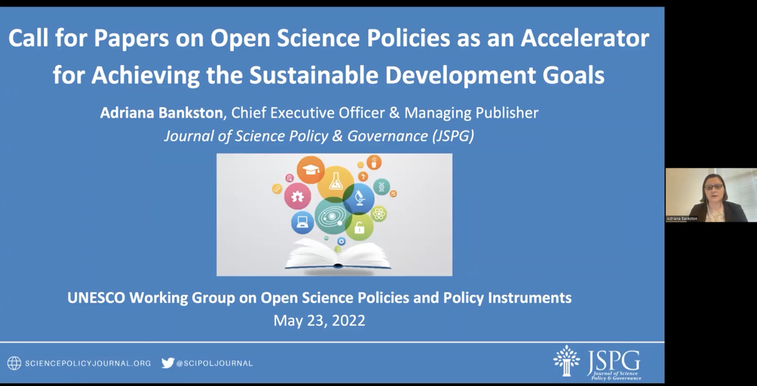
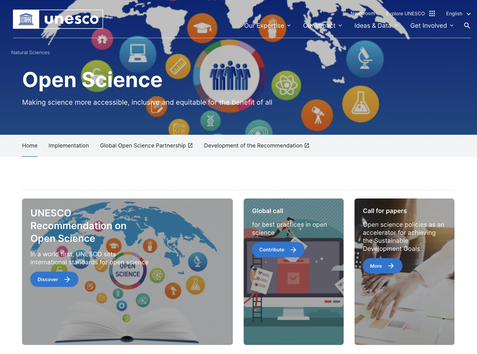
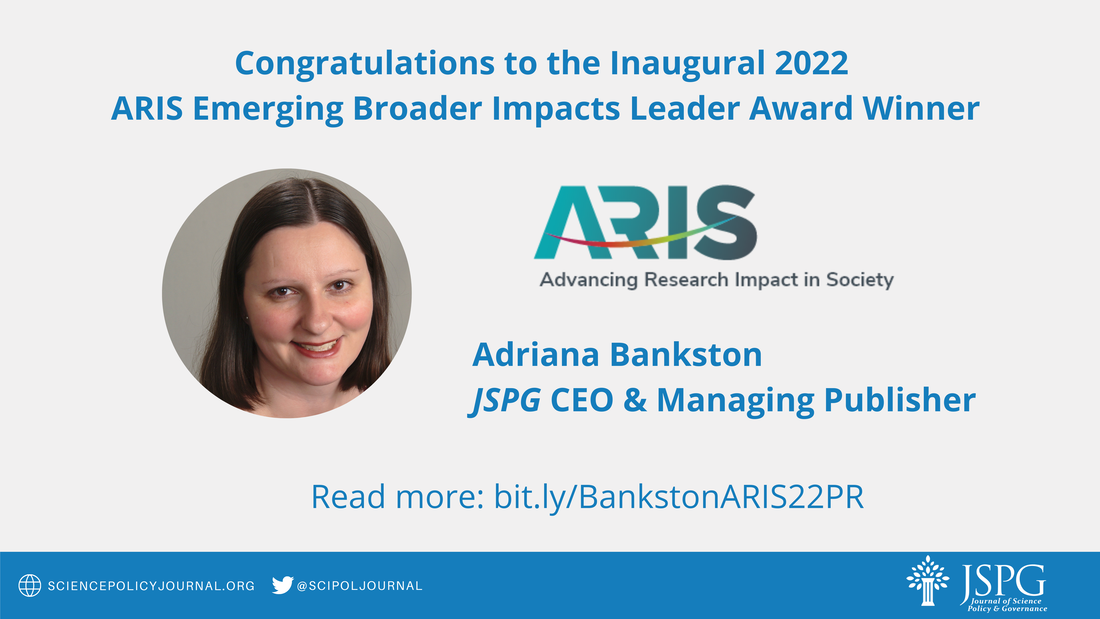
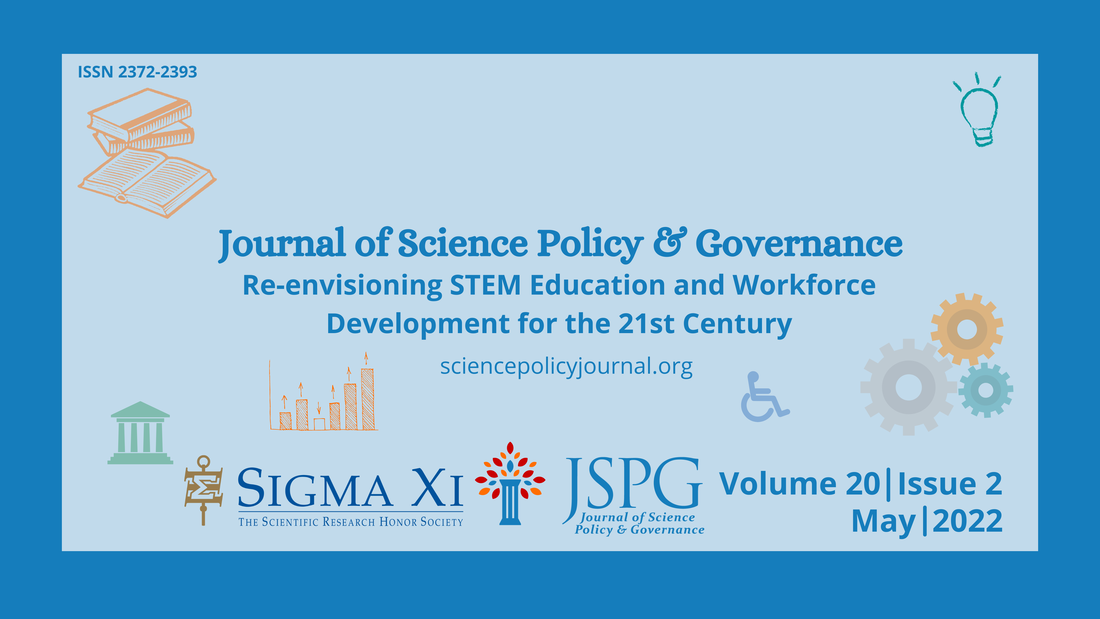
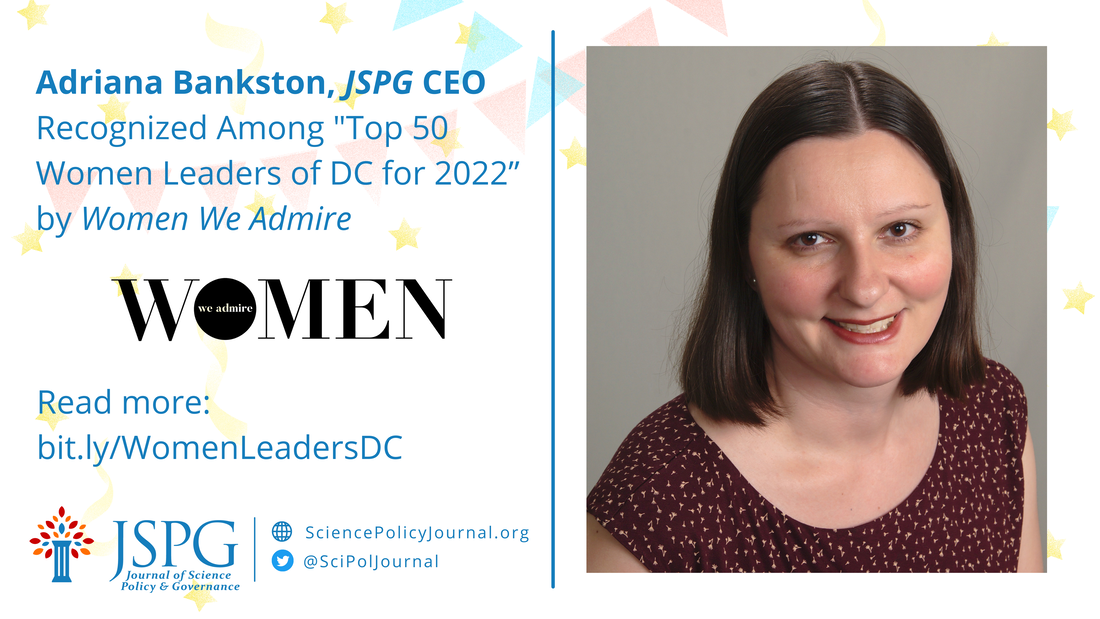

 RSS Feed
RSS Feed
